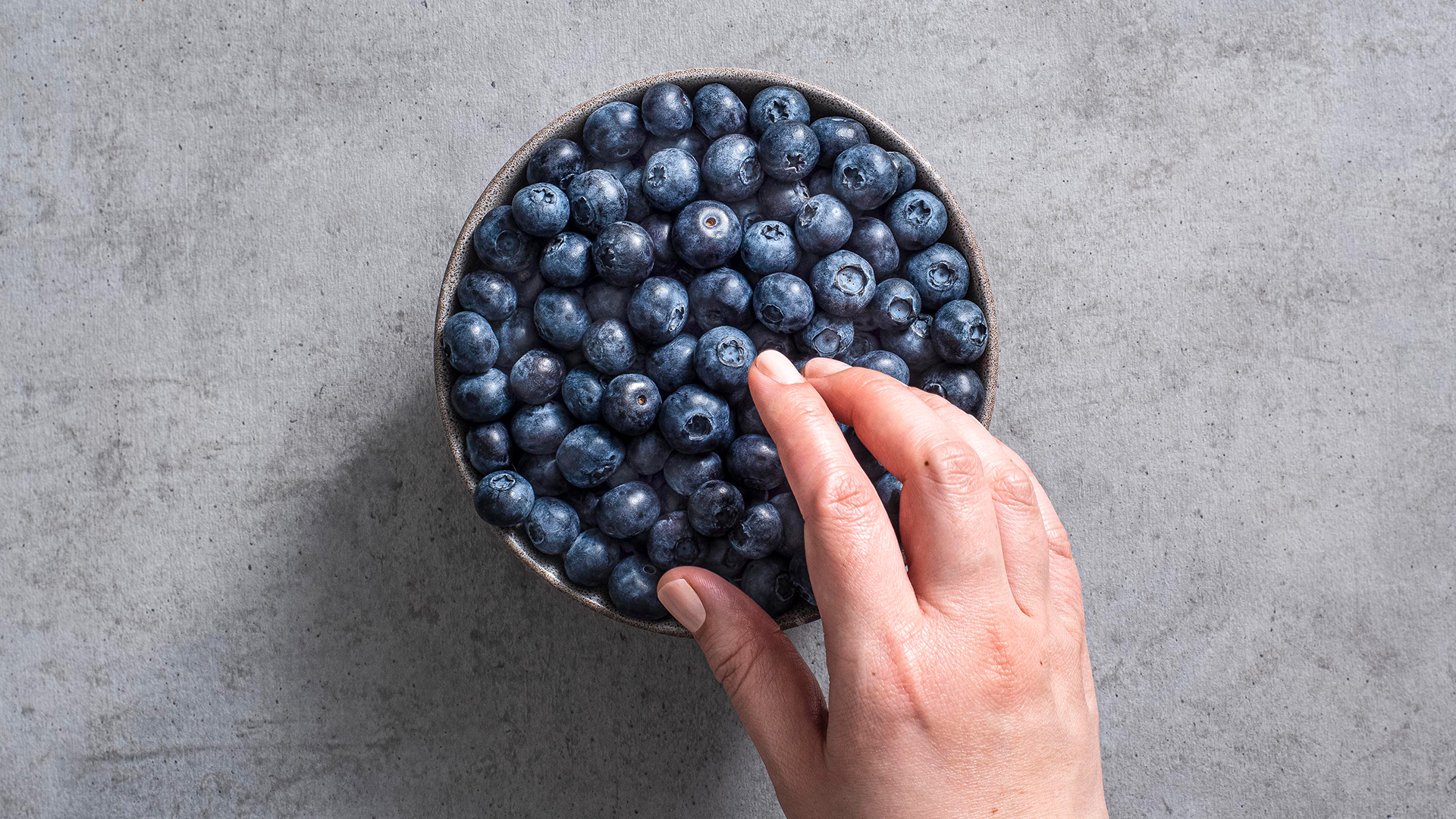Guest Blog by Mascha Davis, MPH, RDN
Have you been hearing about all of the benefits of meditating, but struggle to bring yourself to do it? You aren’t alone. Oftentimes, people think getting distracted during meditation is a failure so they quit OR they think meditation requires a large amount of time to implement. However, these things couldn’t be further from the truth. In this post, I break down the benefits of meditation and how to start a successful meditation practice, and share tips to support your mental health and brain function.
Research shows that meditation has been linked to a reduction in stress levels, lowered anxiety levels and improvements in symptoms related to depression.
Considering that Major Depressive Disorder (MDD) affects more than 16.1 million American adults and Generalized Anxiety Disorder (GAD) affects 6.8 million American adults, treatment for mental health is needed now more than ever.
While many things such as personalized therapy and medication play a role in the treatment of mental health diseases, meditation can be another key piece in maintaining optimal mental health.
Many people feel meditation doesn’t “work for them,” so I want to share a few ways you can start to introduce it into your life:
- Release perfection. It’s okay if you don’t feel 100% mindful during the mediation. It’s a new skill that takes practice. Sit with the thoughts that come in and focus on grounding yourself in the present moment.
- Do it first thing in the morning. Not only does this put you in a good headspace to start your day, but you’ll also feel more energized and it’s less likely to get bumped off your to-do list.
- Have an accountability system. Whether it’s an app on your phone or a friend or family member, having something that reminds you to meditate is key.

Now that you have some basic tips to get started, here are other habits you can include to enhance the benefits of meditation and support optimal brain function:
- Consume foods that support brain health. When it comes to focus and memory, the foods we eat on a daily basis are a crucial part of keeping our mind sharp. My number one food recommendation to support brain function is blueberries. A growing body of scientific evidence is examining how blueberries can be part of eating patterns to support brain health as part of an overall healthy lifestyle. In fact, a new research study published in April in Nutrients found that blueberries have cognitive benefits. The researchers found that the equivalent of a half cup of fresh blueberries per day, consumed as freeze-dried blueberry powder, may contribute to protection against cognitive decline when implemented early in at-risk individuals. Eat those blueberries!
- Spend more time outside. Research shows that spending just 20-30 minutes outside in nature can help lower stress hormone levels. You’ll also boost your intake of Vitamin D, which is important for mental health.
- Add in movement you enjoy. Moderately working out for 150 minutes a week has benefits for both cardiovascular and mental health. Remember that movement doesn’t have to be all or nothing. It can be a walk in the park, a dance party in your kitchen or a zoom yoga class.

When it comes to improving mental health, there are many factors that play a role. Meditation, alongside eating foods with beneficial vitamins and minerals, like blueberries, can be great habits that support a healthy mindset and optimal brain function.
Put these learnings into practice and grab a boost and GIVE* a boost with blueberries for National Blueberry Month! *You can help kids in need by sharing how you enjoy blueberries on social media. For each post you make tagging @blueberries in July, the U.S. Highbush Blueberry Council will donate $1 to No Kid Hungry. Join this meaningful 31-day challenge to feel good – and do good – with blueberries!
